Watch our discussion on tackling forced labor in Eritrea.
The Eritrean government’s program of mandatory and indefinite national conscription traps its population in forced labor for long stretches of their adult lives. The system is aided and abetted by numerous international governments and companies.1
Originally enforced as part of a state of emergency during the border war with Ethiopia in the late 1990s, the National Service program has endured to the present day. Through the program, Eritreans are forced to work in both military and civilian capacities in a variety of jobs, including hard labor in construction and mining. Despite the mandated length of service standing at 18 months, it is in practice indefinite, lasting in some cases for decades.2
The United Nations Human Rights Council has likened Eritrea’s system of forced labor to slavery and has called on Eritrea’s government to be referred to the ICC for crimes against humanity. According to a 2016 report, between 300,000 and 400,000 are currently conscripted out of Eritrea’s population of just over 6 million. 3
Hopes that the indefinite conscription would come to an end with the peace agreement signed with Ethiopia in 2018 were quickly dashed, and the system continues to this day despite its original justification no longer standing.4
The country’s system of indefinite national service is one of the main reasons Eritrea is among the top ten countries by number of refugees worldwide—indeed, it is the only country among the top ten that is not an active conflict zone.5 Those who leave are still very vulnerable to modern slavery, often falling into the hands of human smugglers and traffickers, for example in Libya.67
The country’s many refugees have garnered the attention of the European Union as large numbers attempt to enter from Libya across the Mediterranean Sea, while its rich mineral resources attract mining companies around the world.
As a result, private and public foreign organizations—among them the European Union and 17 mining companies—continue to bolster the government and its system of forced labor through their investments.
Because the Eritrean government is difficult to directly influence, the end of forced labor in the country is most achievable through these international governments and companies.
Therefore, our goal is for all foreign organizations that are complicit in the Eritrean government’s system of forced labor to divest and cease their support and to publicly declare their opposition to forced conscription. This would make it both politically and economically costly for forced conscription to continue and thus incentivize the government to put a stop to it.
Case study: the European Union
The European Union has been channeling millions of dollars into Eritrea as part of its Emergency Trust Fund for Africa, which was established in 2015 in an effort to “address the root cause of migration”8. In other words, by developing Eritrea’s infrastructure and economy, the EU hopes to stimulate its development and therefore stem the flow of migrants and refugees attempting to reach Europe. This approach appears to entirely disregard the role of the forced conscript program in pushing Eritreans to leave.
But the EU openly acknowledges that one of its road projects uses “personnel… in national service,” and therefore forced conscript labor, in its action fiche. The document goes on to claim that the project will allow for gradual reforms to National Service.9 However, the EU has no oversight on the project, nor, according to internal EU documents, any ability to discuss with the Eritrean government on the use of forced labor on the project: it accepts forced labor as inevitable. 10
Twenty-two million euros were approved in February 2019. The fund paid for heavy equipment used to construct the road, which connects the Ethiopian border with the port city of Massawa, on which an unknown number of forced conscripts work. Despite outrage from human rights circles, the aid was most recently renewed in December last year for 60 million euros.11
The funds to Eritrea, and to Africa in general, are separate from the main EU budget, and critics argue they are arranged in a deliberately opaque way so as to sidestep oversight.12 Experts argue that the European Commission is well aware of the way its funding to Africa violates the EU’s founding principles of human rights and has acted in covert ways to hide details from the public. 13
In May, the European Parliament passed a resolution calling on the Commission to “halt any further financial transactions” to the road project 14 until a review later this year and “to include clear and transparent human rights clauses in the contribution agreements” in future projects.15 Also in May 2020, a group of Eritreans in Amsterdam launched a lawsuit against the EU for its funding of forced labor in Eritrea 16.
In June, the European Union announced that it had denied the Eritrean government’s request for a further 50 million euros for road projects, diverting some of its funds to neighboring Sudan. This is a promising step. However, millions more euros have been pledged in the past few months for new projects and investments. This includes five million euros (5.6 million USD) to improve a judiciary system that effectively does not exist and six million euros for pandemic aid—despite the President rejecting direct shipments of protective equipment.17
We are calling on the European Union and all other public international actors investing in Eritrea to divest. The European Commission must act on the European Parliament’s resolution and commit to ceasing its funding of the “Reconnecting Eritrea and Ethiopia through rehabilitation of the main arterial roads in Eritrea” project, and all other projects in the country, until the National Service has been eliminated.
Case study: Danakali
The Australian-based mining company Danakali Ltd is proceeding with plans for the development of a potash mine in Colluli, Eritrea—currently in its final stages.18 Danakali’s website makes no mention of the forced labor endemic to Eritrea or the fact its investment strengthens one of the world’s most repressive regimes.
In fact, the project is a joint venture directly with the government, via the Eritrean National Mining Corporation, meaning the profits will directly strengthen the state. 19 Danakali cites a UNDP report that calls the Colluli mine a potential “game changer” for the country, but does not mention the fact that the same report calls on Danakali to implement the ILO’s Global Jobs Pact by 2020—which requires elimination and prevention of forced labor. 20
Mining companies cannot operate in the country without being complicit in the National Service and its forced conscription, nor do they have oversight on their projects. They cannot do so without supporting the government—indeed, Eritrea’s economic growth is largely driven by mining.
In the words of the UN Commission of Inquiry: “The complete lack of transparency is especially notable because mining is one of the most successful economic sectors in Eritrea and payments derived from mining activities are an important source of revenue for the Government.”21
Forced laborers in mines endure dangerous conditions and work in some of the hottest temperatures on the planet, often with limited food, abusive living conditions, excessive overtime, and withheld wages. These conditions are described by multiple miners interviewed by Eritrea Focus and, by ILO definitions, constitute forced labor.
The UK branch of banking giant JP Morgan Chase is the largest investor in Danakali, with a 9.12% holding in the company as of 2016. This is not the first time JPMorgan has invested in Eritrean mining projects; in the past it was a shareholder in Nevsun, which also stands accused of funding forced labor in the country. Broker Somers & Partners said JP Morgan gave Danakali its “seal of approval.” 22
When we wrote to Danakali shortly before launching this campaign to express our concerns, they responded assuring us that they are taking every step to ensure that forced labor is not used on their project.2324 While we appreciate their response, we remain concerned that by operating in Eritrea, supporting this system of forced conscription is unavoidable.
We are calling on Danakali and all other foreign companies operating in Eritrea, along with their shareholders, to divest. Danakali must cease its operations in the country and JP Morgan Chase must end its investment until this happens.
PREVIOUS FREEDOM UNITED CAMPAIGN: Nevsun
Freedom United’s previous campaign on Eritrea focused on the Canadian mining firm Nevsun Resources Ltd, gathering over 76,000 signatures urging investors to divest from Nevsun in the face of accusations of forced labor in the construction of the Bisha mine by their business partner Segen, the Eritrean government’s construction firm.
Nevsun was sold last year to a Chinese mining company, Zijin, and as such the investors’ stocks have been sold. Nevsun is currently the subject of a slow-running lawsuit in Canada filed by a group of forced labor survivors , which the Supreme Court of Canada ruled could continue.25 However, as its shares were sold at the end of 2018, the original petition ask is no longer relevant.26
Read about the campaign in our field report.
Notes:
- https://www.hrw.org/report/2019/08/08/they-are-making-us-slaves-not-educating-us/how-indefinite-conscription-restricts ↩
- https://www.nytimes.com/2020/01/08/world/europe/conscription-eritrea-eu.html ↩
- https://www.ohchr.org/EN/HRBodies/HRC/CoIEritrea/Pages/ReportCoIEritrea.aspx ↩
- https://www.theguardian.com/global-development/2018/oct/11/its-just-slavery-eritrean-conscripts-wait-in-vain-for-freedom ↩
- https://data.worldbank.org/indicator/SM.POP.REFG.OR?most_recent_value_desc=true ↩
- https://theconversation.com/eritrean-migrants-face-torture-in-libya-what-the-international-community-can-do-125861 ↩
- https://eritreahub.org/european-aid-for-eritrea-involving-slave-labour-challenged-in-two-courts ↩
- https://ec.europa.eu/trustfundforafrica/sites/euetfa/files/t05-eutf-hoa-er-66_-_eritrea_road_rehabilitation.pdf ↩
- https://ec.europa.eu/trustfundforafrica/sites/euetfa/files/t05-eutf-hoa-er-66_-_eritrea_road_rehabilitation.pdf ↩
- https://kvdl.com/uploads/Case-Summary_Eritrea-Road-building_FIN_13May2020.pdf ↩
- https://www.nytimes.com/2020/01/08/world/europe/conscription-eritrea-eu.html ↩
- https://www.nytimes.com/2020/05/13/world/europe/eritrea-eu-lawsuit-forced-labor.html ↩
- https://www.spiegel.de/international/world/eu-to-work-with-despot-in-sudan-to-keep-refugees-out-a-1092328.html ↩
- https://www.europarl.europa.eu/doceo/document/PV-9-2020-05-14-VOT_EN.pdf ↩
- https://www.europarl.europa.eu/doceo/document/TA-9-2020-0105_EN.html ↩
- https://www.nytimes.com/2020/05/13/world/europe/eritrea-eu-lawsuit-forced-labor.html ↩
- https://eritreahub.org/eu-says-no-more-money-to-eritrea ↩
- https://www.danakali.com.au/the-colluli-project ↩
- https://eritreahub.org/call-for-danakali-to-respect-human-rights-of-eritreans ↩
- https://www.danakali.com.au/images/stories/UNDP-Report-on-Colluli.pdf ↩
- https://eritreahub.org/wp-content/uploads/2018/06/Mining-and-Repression-in-Eritrea-Corporate-Complicity-in-Human-Rights-Abuses-EMBARGOED-COPY.pdf ↩
- https://londonminingnetwork.org/2016/09/jpmorgan-goes-deeper-into-eritreas-mines ↩
- https://cdns.freedomunited.org/wp-content/uploads/2020/06/30115004/Freedom-United-Letter-of-Concern.pdf ↩
- https://cdns.freedomunited.org/wp-content/uploads/2020/06/30114912/Letter-Freedom-United.pdf ↩
- https://www.freedomunited.org/news/supreme-court-rules-that-nevsun-can-be-sued-in-canada/ ↩
- https://www.prnewswire.com/news-releases/zijin-mining-succeeds-in-bid-for-nevsun-resources-and-announces-mandatory-extension-of-tender-period-300771371.html ↩

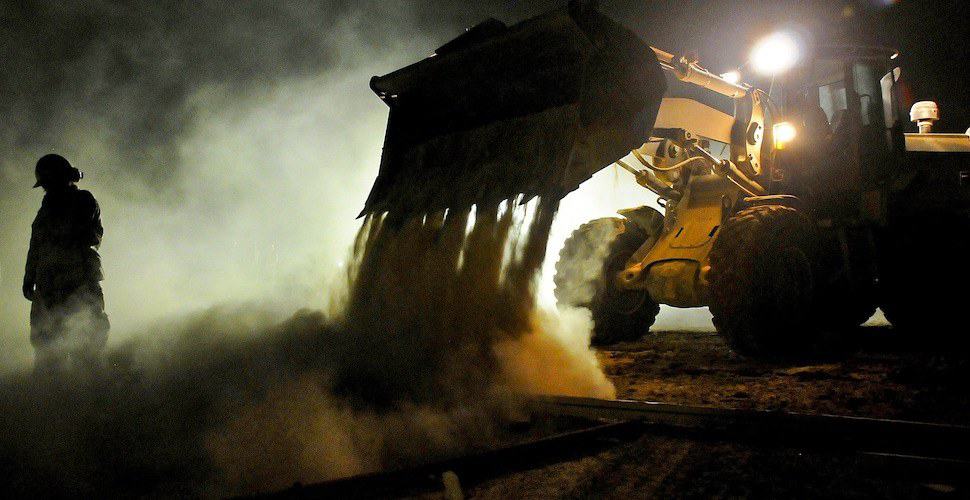
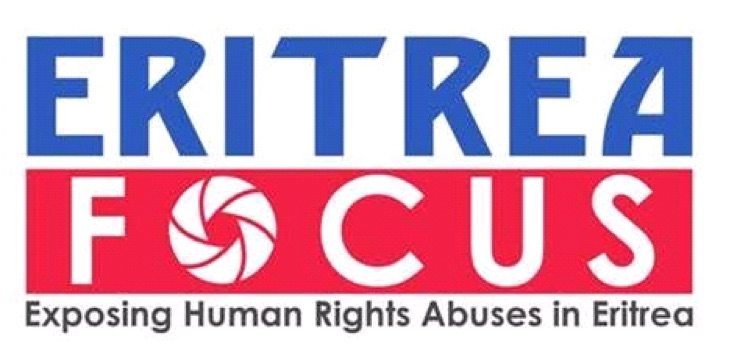
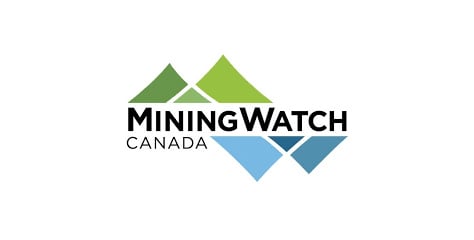
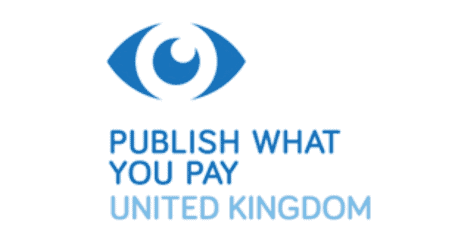
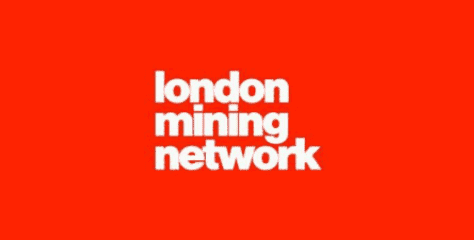

Make your voice heard
Comment
8
Share this petition